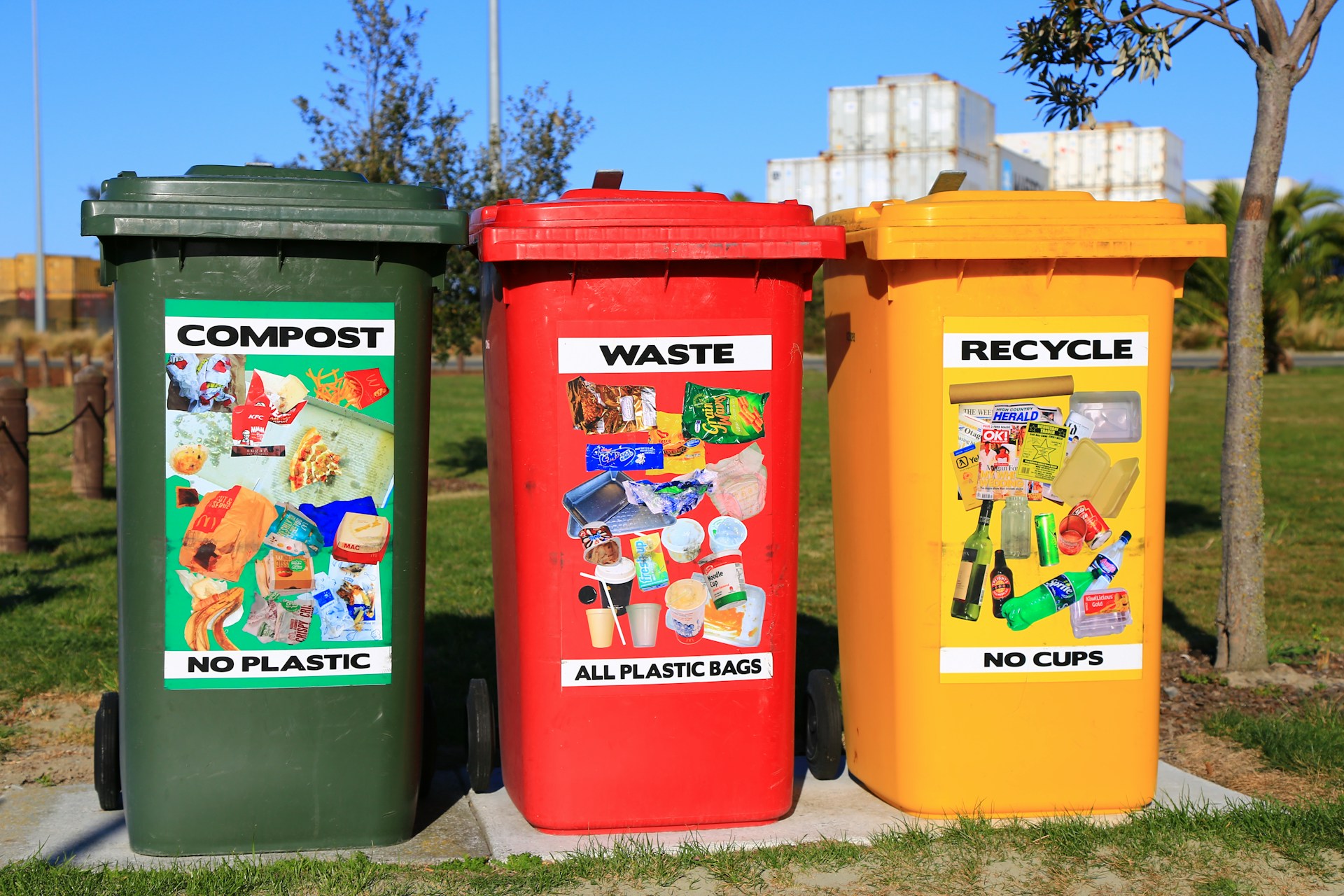Waste collection services may not be the most exciting part of daily life, but they’re essential to keeping our homes and communities clean. If you’ve ever wondered what happens when you book a collection or what you should be expecting from the service, here’s a straightforward breakdown.
The Basics: What Is a Waste Collection Service?
Waste collection services involve picking up rubbish from homes, businesses, or other locations and disposing of it responsibly. It might seem simple on the surface, but there’s more to it than just a truck arriving at your door.
Waste collection in London is designed to handle various types of waste, including everyday household rubbish, recyclables, green waste, and sometimes hazardous items. It’s important to know the differences so you can prepare your waste correctly.
Types of Waste Collected
Not all waste goes in the same bin, and different services collect different types of waste. Typically, you’ll find these categories:
- General Waste – Everyday household rubbish, like food scraps, packaging, and non-recyclables.
- Recycling – Items like paper, plastics, glass, and metal that can be processed and reused.
- Green Waste – Organic materials such as garden clippings, leaves, and branches.
- Bulky Items – Larger objects, including furniture or appliances, that require special collection.
- Hazardous Waste – Items like chemicals, batteries, or paint that need careful disposal.
Knowing these categories helps you separate waste efficiently, making collection easier and contributing to more sustainable practices.
When Collection Days Roll Around
Every area has designated collection days for different types of waste. General waste is usually collected weekly, while recyclables and green waste are typically picked up every two weeks.
Here’s what you should keep in mind:
Timely Bins
Make sure your bins are out on time. Collections usually happen early in the morning, so it’s best to set them out the night before.
Proper Placement
Position your bins at the edge of your property where they can be easily accessed. Don’t block paths or driveways.
Keeping track of the collection schedule helps ensure you don’t miss a pick-up and that your bins are emptied as planned.
What Happens After Collection?
Once your waste is collected, it doesn’t just disappear into thin air. There’s an organised process to manage what happens next.
- Sorting: The waste is transported to a facility where it’s sorted. Recyclables are separated, general waste is taken to landfills, and green waste is often composted.
- Processing: Recyclables are cleaned and prepared for reuse. Green waste is composted, while general waste is handled in an environmentally responsible way.
- Disposal or Energy Recovery: Non-recyclable items usually end up in landfills, though modern landfills are built to minimise environmental harm. Some waste may be converted into energy through waste-to-energy processes.
These steps make waste management much more sustainable, reducing landfill impact and recycling valuable materials.
What Makes a Great Waste Collection Service?
Not all waste collection services are created equal. Here’s what you should expect from a high-quality service:
- Reliability – The service should arrive on time, every time, and follow a consistent schedule.
- Clear Communication – You should be informed about any changes in the collection schedule or new rules on how to sort waste.
- Sustainability Practices – Look for a service that focuses on recycling and proper waste disposal to minimise its environmental impact.
- Flexible Options – Sometimes, you need special collections for bulky items or hazardous materials. A good service will offer flexible options to accommodate your needs.
- Professionalism – Friendly and helpful staff make a world of difference, especially when you need assistance with collections or understanding local guidelines.
By looking for these qualities, you can ensure your waste collection service is doing its job effectively and responsibly.
Common Mistakes to Avoid
Even though waste collection should be straightforward, there are a few common pitfalls to watch out for:
Overloading your bins can cause delays or missed pick-ups. If your bin is too heavy, it may not be collected, which leaves you with an overflowing bin until the next collection day. Be mindful of the weight and try to distribute heavier waste evenly across different bins.
Another mistake is mixing recyclables with general waste. This can lead to entire loads being contaminated, which means less gets recycled. Make sure you know what goes in each bin and stick to it.
Lastly, don’t ignore the guidelines for hazardous waste. Throwing batteries or chemicals into your general waste bin can be dangerous and lead to more serious issues. Check your local service’s rules for safely disposing of these materials.
How to Make the Most of Your Waste Collection Service
While the waste collectors do the heavy lifting, there are a few ways you can make their job easier and help the process run smoothly:
- Stay informed about local collection days and any changes in schedule.
- Sort your waste correctly so that recyclable items don’t end up in general waste.
- Be respectful of the waste collection team by ensuring your bins are properly positioned and not overloaded.
A little effort on your part can make a big difference in how smoothly the whole process runs.
Final Thoughts
Waste collection services might not get a lot of attention, but they are essential to keeping our communities clean and sustainable. By understanding what to expect, how to prepare your waste, and how to make the most of the service, you’re contributing to a cleaner, greener environment. With a reliable waste collection service, everyone benefits – from your household to the wider community.




